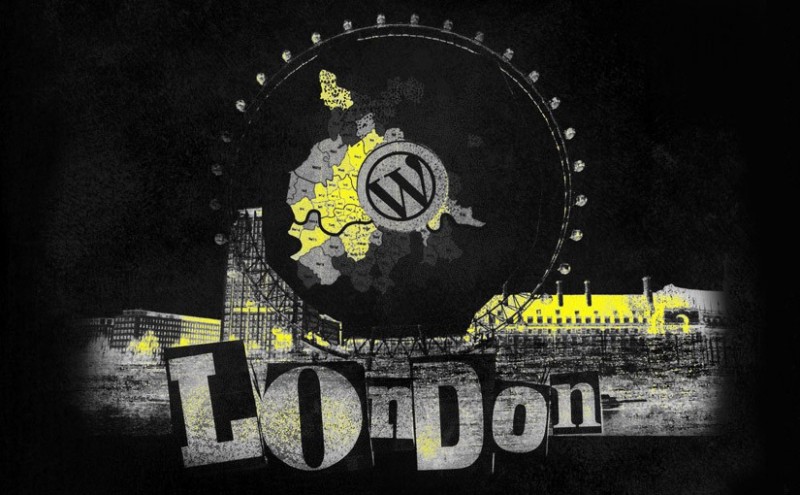(Photo credit: Schipulcon 2011 Day 2 Photos under CC Attribution Share-Alike license)
Two recent posts got me thinking about the Drupal community and the WordPress community.
First, Mendel Kurland (whom I’ve been seeing at every WordCamp lately from London to Maine to Minneapolis) wrote on WP Tavern about “A WordPress Veteran’s Take on DrupalCon LA“:
As I flew from DrupalCon Los Angeles, CA to WordCamp Maine, I thought a lot about what the Drupal and WordPress communities could learn from each other. WordPress and Drupal are two community-built platforms and each community is powerful. We stand to learn a lot from each other, because all open source projects matter.
It’s an experience I’ve had many times, having spent much of the last 7-8 years in both communities. (I attended DrupalCon each year from Boston in 2008 through Portland in 2013, and spoke at a number of DrupalCamps throughout the Northeast, while also organizing WordCamp Boston and speaking at WordCamps all over the US).
I used to joke about wearing my WordPress hoodie to DrupalCamps, and my DrupalCamp shirts to WordPress events – but the reality was, in my experience, there was very little overlap in attendees. At Drupal events, people would joke about WordPress as being “fine, for a blog,” implying or sometimes stating outright it wasn’t powerful enough for “real” web needs. At WordPress events, people would joke about Drupal being big and expensive, and fine if you had a team of twelve developers and 6 months or more to throw at a site build.
In reality, the thing which stood out the most to me was how little the members of each community actually knew about the other – as communities or as software projects. (I also spent time in the Sitecore community – where the gap is even greater. At open source events it is common to hear “no one really uses .NET anymore” but at .NET events it is common to hear “businesses don’t really use open source.” Both, of course, are demonstrably false).
The second recent post that spurred me to write was when Dries Buytaert covered the acquisition of WooCommerce by Automattic, concluding:
To me, this further accentuates the division of the CMS market with WordPress dominating the small business segment and Drupal further solidifying its position with larger organizations with more complex requirements. I’m looking forward to seeing what the next few years will bring for the open source commerce world, and I’d love to hear your opinion in the comments.
In some ways Dries’ take on the acquisition actually mirrors my own. The acquisition of Woo by Automattic will improve the ability of WordPress as a platform (and at some point one assumes WordPress.com as a service) to compete with Squarespace, Wix, and Shopify at the level needed by consumers, prosumers, and small businesses. (I also agree with Brian’s coverage at PostStatus – ultimately some of the WordPress.com VIP customers will want ecommerce).
On the other hand, though, I can’t help but see Dries’ post as a not-so-veiled message I’ve been hearing for years in the Drupal community: WordPress is for small businesses, Drupal is for enterprises.
Continue reading →




